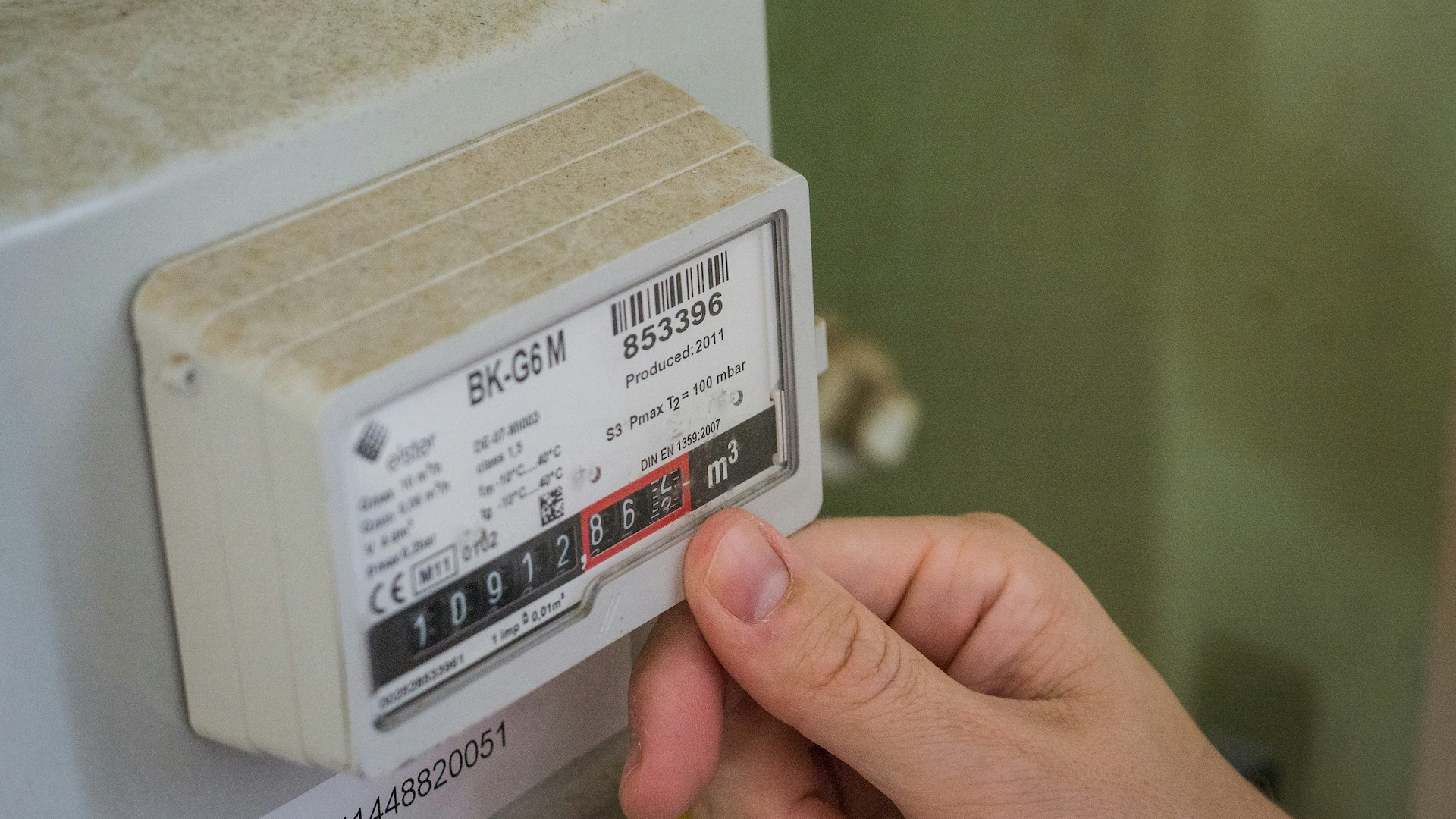Argentina Battles Inflation as Digital Transportation Takes Center Stage
One of the world's most urbanized nations (92%), Argentina relies heavily on transportation, contributing 13.8% of its total GHG emissions—90% from road transport. However, the country is grappling with soaring inflation, a significant economic challenge that is impacting all sectors, including transportation.
According to a recent survey by the central bank, analysts predict Argentina's monthly inflation rate reached 3.9% in August, culminating in an anticipated annualized rate of nearly 123% by year's end. This forecast marks a slight decrease from last month's survey, but the numbers highlight the severity of the economic situation. The surge in inflation followed deep spending cuts and the devaluation of the peso currency implemented by President Javier Milei in an effort to curb runaway inflation.
Despite the economic headwinds, Argentina is actively pursuing a digital transformation of its transportation sector, recognizing its potential to drive efficiency, sustainability, and social inclusion. The Ministry of Transportation is leading the charge, collaborating with other government agencies and municipalities to integrate cutting-edge digital tools and concepts into transport planning.
Leveraging Digitalization for a Greener, More Equitable Future
The National Climate Change Cabinet (GNCC) plays a critical role in developing comprehensive policies to reduce emissions and address climate impacts in transportation. Argentina's commitment to decarbonizing transport and upholding the Paris Agreement is evident in its national plans, including the PANTyCC (National Transportation and Climate Change Action Plan) and the National Transport Plan. The country aims to cap net emissions at 349 million tonnes of CO2e by 2030, prioritizing energy efficiency across all modes of transport and promoting an Avoid-Shift-Improve strategy to reduce greenhouse gas emissions and support the Sustainable Development Goals.
Buenos Aires: A City Embracing Sustainable Mobility
Buenos Aires, the nation's capital, is leading the way in sustainable urban mobility initiatives. The city's 2021 Climate Action Plan sets an ambitious goal of reducing emissions by 84% by 2050. The Clean Mobility Plan 2035 outlines specific measures to cut GHG emissions in the transport sector. Both national and local governments have incorporated gender perspectives into their policies, publishing strategic plans and safety reports to ensure inclusivity.
Digitalization: A Key Focus
While progress has been made in digitalizing administrative processes, there is a growing need for a dedicated focus on digitalizing transport. Argentina recognizes the transformative potential of digitizing transportation systems, leveraging data to enhance efficiency and social inclusion. This includes implementing intelligent traffic management systems, optimizing public transport networks, and promoting the use of electric vehicles and other sustainable transportation options.
The Path Forward: Embracing Innovation and Collaboration
Argentina's ongoing efforts in sustainability and innovation are paving the way for a greener, more efficient future in transportation. The country is demonstrating a strong commitment to reducing emissions, fostering inclusivity, and leveraging digital technologies to create a more resilient and sustainable transport system. The integration of digital solutions into transportation planning holds significant promise for addressing the challenges posed by economic instability while advancing sustainability goals.
A Global Example
Argentina's experience provides a valuable example for other nations grappling with similar challenges. By prioritizing innovation, collaboration, and a holistic approach to transportation, Argentina is setting a precedent for sustainable urban mobility. The country's journey towards a greener, more efficient, and digitally transformed transportation sector offers valuable insights and inspiration for other nations seeking to create a more sustainable and equitable future.
A Look Beyond the Numbers
While the economic challenges are undeniably significant, Argentina's commitment to sustainable development and innovation is a beacon of hope. By embracing a digital transformation of its transportation sector, the nation is poised to create a more resilient, inclusive, and environmentally friendly future for its citizens. The path ahead may be challenging, but Argentina's determination to navigate economic complexities while simultaneously fostering a greener future offers a powerful message of hope and resilience.

















